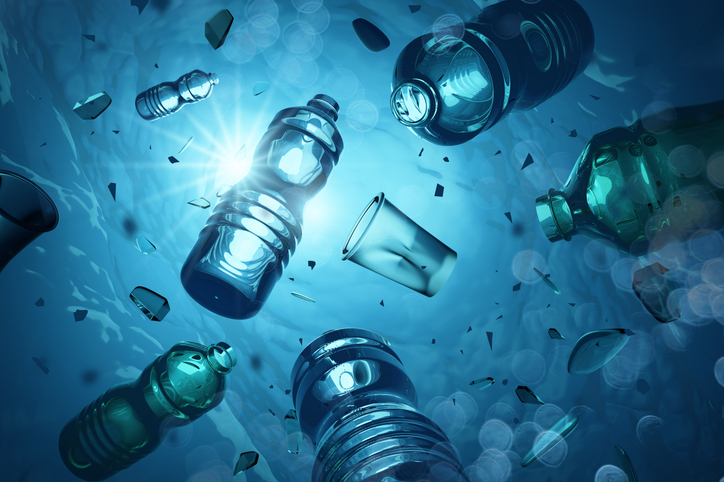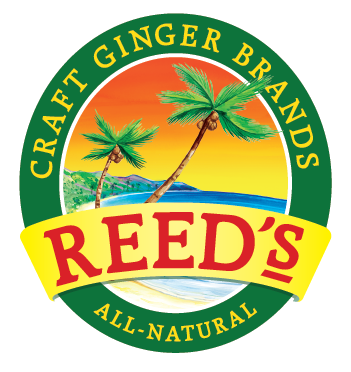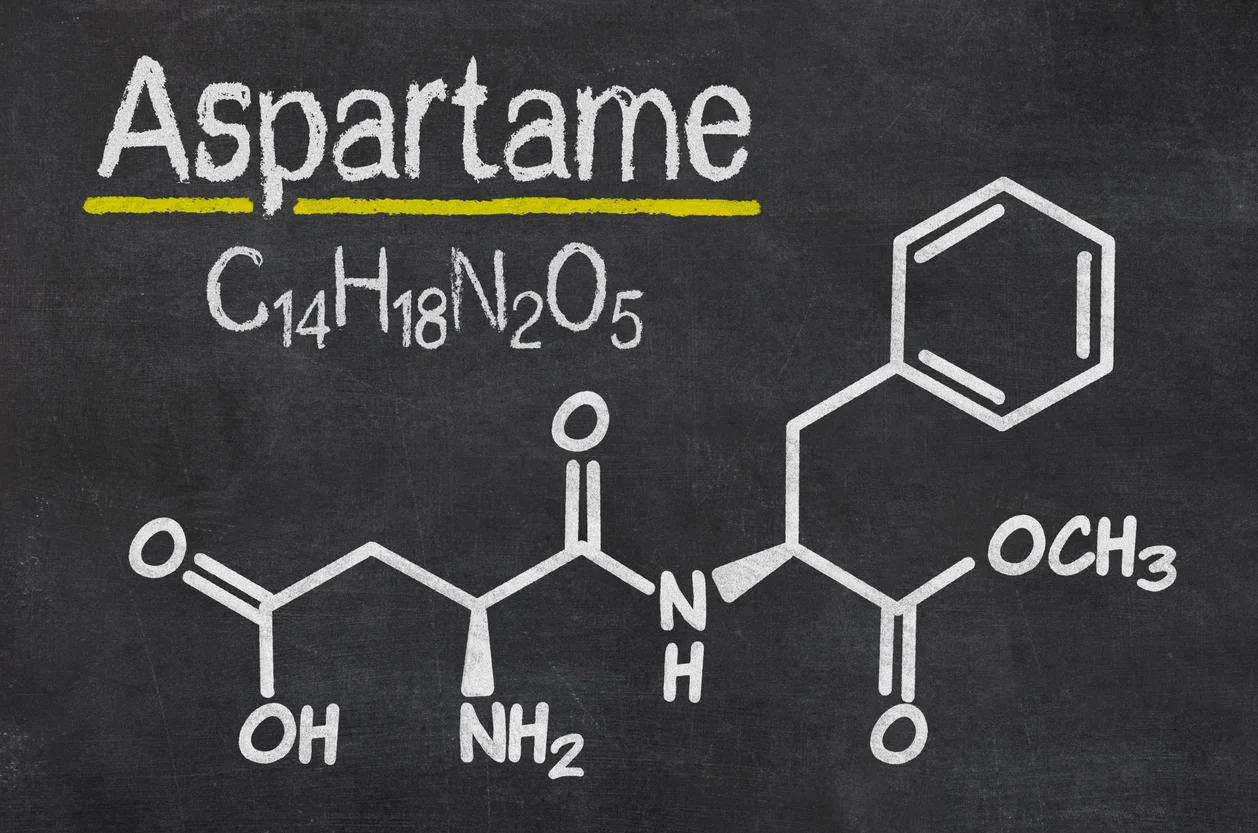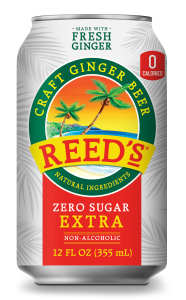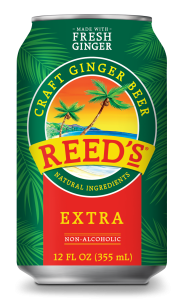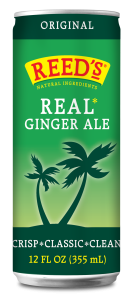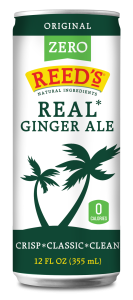In an era where environmental consciousness is at the forefront of global conversations, the beverage industry is stepping up its game to address one of the most pressing issues of our time: plastic pollution. With oceans drowning in plastic waste and landfills overflowing, beverage companies are rethinking their packaging strategies to minimize their environmental footprint. From innovative bottle designs to ambitious recycling initiatives, let’s explore how these companies are sipping towards sustainability.
The Plastic Predicament:
Plastic pollution has become a ubiquitous problem, with single-use plastics being a significant contributor. Beverage companies, in particular, have been under scrutiny for their extensive use of plastic bottles and packaging. These items often end up as litter or in landfills, taking centuries to decompose and causing harm to wildlife and ecosystems in the process.
The Shift Towards Sustainability:
Recognizing their role in the plastic crisis, beverage companies are increasingly embracing sustainable alternatives and initiatives to reduce their plastic usage. One of the most prominent approaches is the adoption of recyclable, compostable, or biodegradable materials for packaging. Companies are investing in research and development to create packaging that minimizes environmental impact without compromising product quality or safety.
Innovative Packaging Solutions:
From plant-based plastics to paper bottles, beverage companies are exploring a myriad of innovative packaging solutions. For example, some brands are utilizing bioplastics derived from renewable resources like corn or sugarcane, offering a greener alternative to traditional petroleum-based plastics. Others are experimenting with paper-based bottles that are fully recyclable and biodegradable, providing a sustainable option for consumers.
Furthermore, advancements in technology have enabled the development of refillable and reusable packaging systems, allowing consumers to reduce waste by refilling their bottles or containers instead of purchasing single-use products repeatedly. These initiatives not only minimize plastic usage but also promote a circular economy model that emphasizes resource efficiency and waste reduction.
Community Engagement and Education:
Beyond product innovation, beverage companies are actively engaging with consumers to raise awareness about plastic pollution and encourage sustainable behaviors. Through educational campaigns, partnerships with environmental organizations, and initiatives like beach clean-ups and recycling programs, companies are empowering consumers to make informed choices and participate in collective efforts to combat plastic pollution.
Collaborative Efforts:
Realizing the magnitude of the plastic problem requires collaborative action, beverage companies are partnering with governments, NGOs, and other stakeholders to drive systemic change. This collaboration involves advocating for policies that promote recycling infrastructure, supporting research on sustainable materials, and investing in community-based initiatives to improve waste management practices.
The Path Ahead:
While significant progress has been made, the journey towards plastic reduction is far from over. Beverage companies must continue to innovate, collaborate, and educate to accelerate the transition towards a circular economy where plastics are reused, recycled, or replaced with more sustainable alternatives. Consumers also play a crucial role by making conscious choices and supporting brands that prioritize environmental stewardship.
As the world grapples with the consequences of plastic pollution, beverage companies are stepping up to the challenge by embracing sustainability in their packaging practices. Through innovation, collaboration, and community engagement, these companies are not only reducing their environmental footprint but also inspiring a broader shift towards a more sustainable future.
